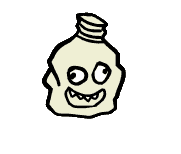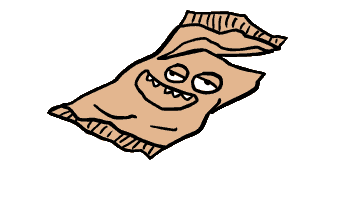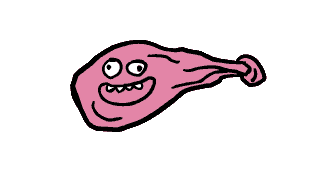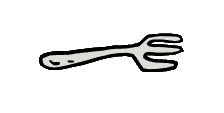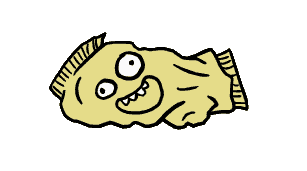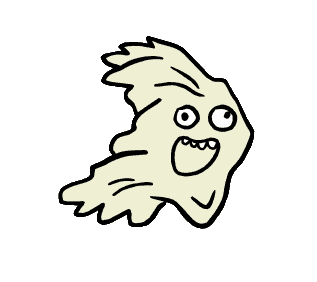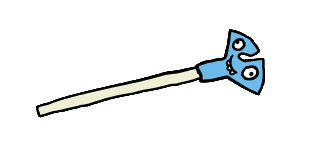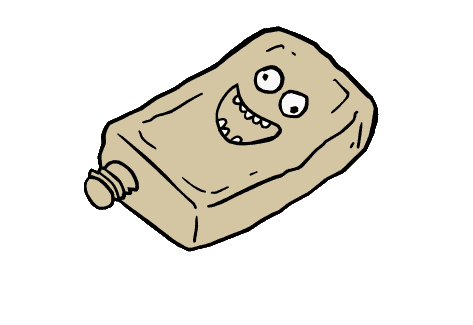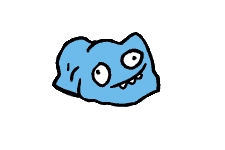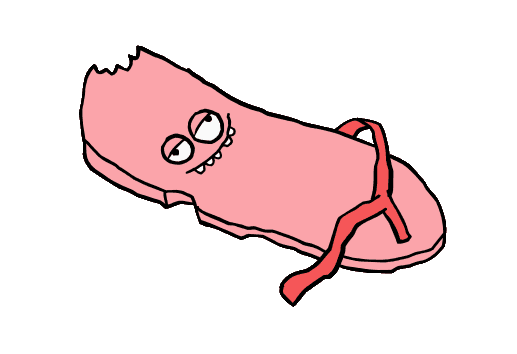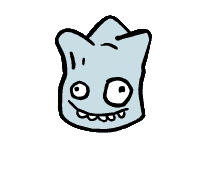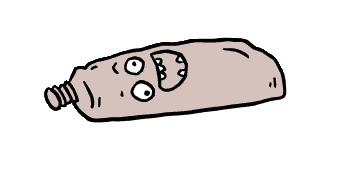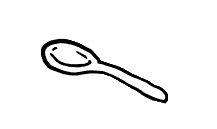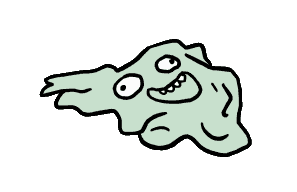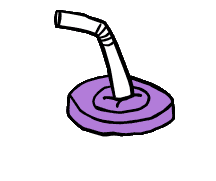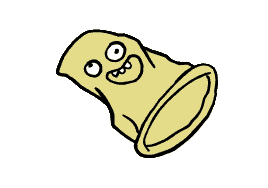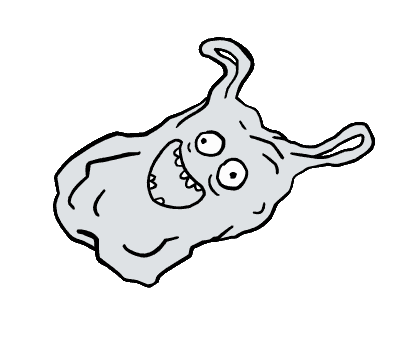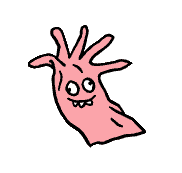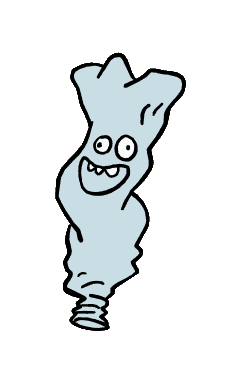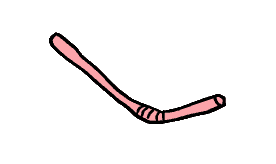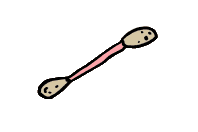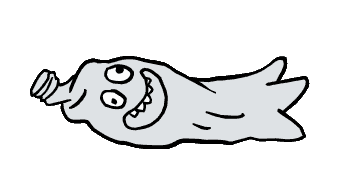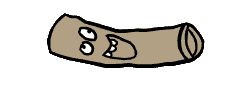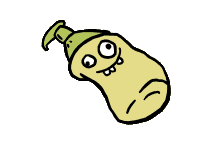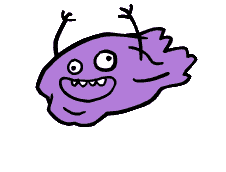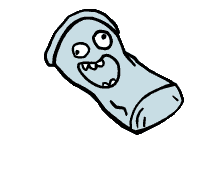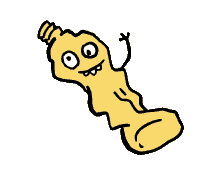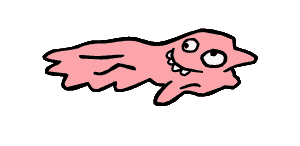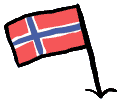River clean-up races
The Hungarian initiative Plastic Cup (PET Kupa) has greatly contributed to raising awareness of the plastic pollution of the River Tisza. Plastic Cup is a non-profit, non-governmental initiative launched in 2013 to clean up the Tisza and its floodplains from the plastic waste brought there by floods. It was initiated by a filmmaking NGO, Filmjungle Society, who is specialised in wildlife and conservation documentaries.
This unique initiative uses waste itself to fight back against the pollution – the Plastic Cup started out as a race (named after the prestigious America’s Cup) where teams compete in waste collection as they float down the river on self-built boats made from waste. Part of the secret to Plastic Cup’s success is that it turns a difficult and potentially dangerous task into a fun and inspiring team-building activity.
After eight years, there are now multiple races each year on both the Tisza and Bodrog rivers, as well as shorter team-building activities. The communication around these events was a key way to reach more people and inform them about the environmental impacts, with each event and milestone being filmed and promoted on social media.
Over the years, Plastic Cup has grown from a clean-up initiative to a partnership with national-level decision makers, sponsoring companies and local communities. Waste management and water professionals have joined the team of nearly 2,000 committed volunteers. These “Plastic Pirates” are ready for action not only on the Upper Tisza but also at the Tisza Lake, all year long, wherever, whenever needed. The community has not only removed around 120 tons of waste from the river, but has also sorted and recycled it. The Plastic Cup develops ways to upcycle riverine waste and create products.
Due to the systematic mapping done by the volunteers, knowledge about the location and types of waste dumps along the Tisza River has increased. These dumps are carried downstream by the river in times of flood, spread across the floodplain, and fed by the illegal landfill sites upstream. The latter are mostly in Ukraine, where basic waste collection and management infrastructures are lacking.
Plastic Cup activities have now gone international, with projects covering the whole Danube Basin and also including Ukraine to try to stop the pollution at the source. Activities are also carried out on the Bodrog river, a tributary of the Tisza, with the involvement of the relevant water directorate and a local partnership.


